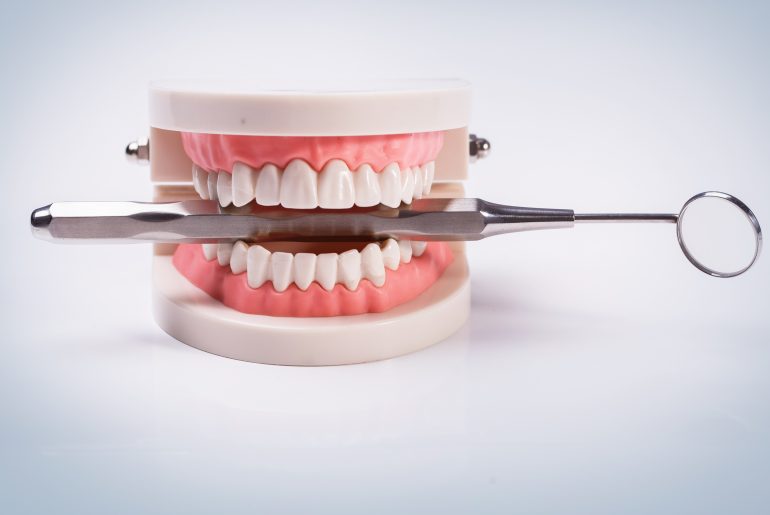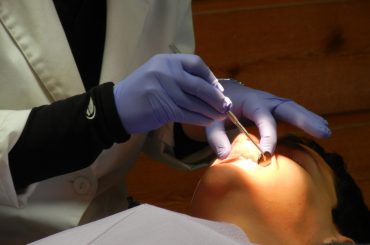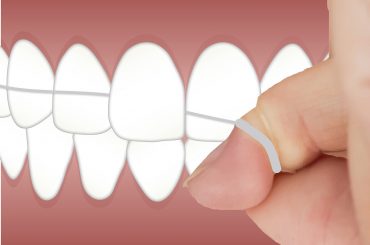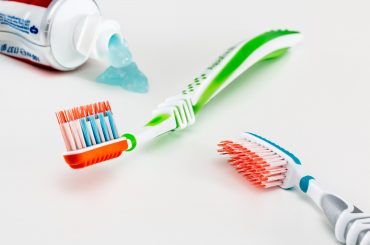What are Complete Dentures?
Complete dentures are also known as false teeth. These are a full set of artificially made teeth and gums that are removable as well. The teeth are made of porcelain or acrylic with an acrylic base to hold them together. These complete dentures are used for patients that have lost all their tooth and the arch is just tissue supported, due to which the dentures are susceptible to be displaced if more force is applied. This happens because the denture is placed on a smooth muscle without any gripping forces so they tend to move along with the movement and actions of the patient’s mouth. That is why it is considered as a barrier in obtaining stability to a maximum point.
Then why do people opt for Dentures?
Not all patients pass the examination of bone quality and quantity when the X-rays, CT scans, etc. are done, hence, they are not permitted to get dental implants installed in their jaw. Other than that, having a full mouth inhabitation of tooth implants might not be financially possible for the patient.
Complete dentures, however, give support to the mouth and help the patients in their regular chores of eating and talking, etc.
Cons of having Complete Denture
Dentures sometimes leave a negative impact on the patient in psychological and physical dimensions. The complete dentures are found to be an upsetting factor for most people due to the uncomforted placement and act of removing them which brings their self-esteem to get lower when they transition into their old self. It also sometimes causes slurring when they speak which ultimately hits their confidence and their social life along with their sense of self is affected majorly.
Most of the patients with complete dentures are witnessed to constantly opt for an alternative strategy as they are not satisfied with it. Another reason is that these complete dentures do not really look like natural teeth as dental implants do which makes the patient feel bad and self-conscious. Furthermore, certain kinds of foods are not allowed to be eaten with dentures, for example, caramel, and apples, etc. which could result in feeling restricted, alienated, and maybe face malnutrition.
Complete dentures also lack longevity as they are needed to be replaced every three to six months while dental implants are usually a one-time investment that comes with permanence in most cases.
Pros
However, Complete dentures are the most cost-effective appliances for substituting as all the teeth are lost within the teeth, and replacing each one with a dental implant might not be affordable or medically suitable for them. In addition to that, they might be a perfect solution for people who do not desire to go through surgeries. Also, these are safer for people who are suffering from long-term ailments like heart disease or diabetes.
In the end, it depends on you and your dentists to finalize what would be the best choice for your individual situation. You can always start with dentures and move gradually to implants or keep wearing the dentures if that is what is best for you.




